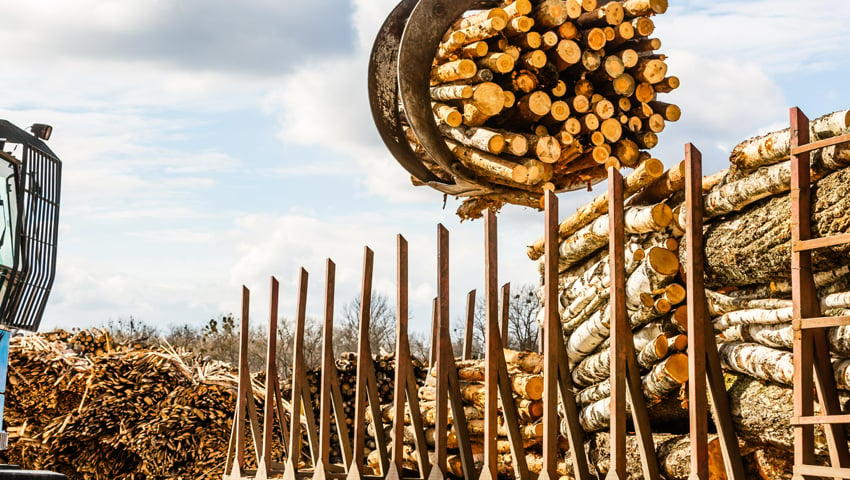The European Confederation of the Woodworking Industries (CEI-Bois) and the European Organisation of the Sawmill Industry (EOS) have released their political manifesto for the 2024-29 European Parliament. The European Elections will be held on 6-9th June.
The manifesto is aimed at incoming elected members of the European Parliament and staff at the Commission including the new commissioners. It sets out clearly the numerous benefits of responsibly sourced wood products and the actions that policymakers need to prioritise to achieve a green, cost-efficient, competitive and resilient EU economy. It ends by highlighting the ways in which wood can decarbonise the built environment.
Speaking to the manifesto’s launch, Sampsa Auvinen the chair of CEI-Bois said, “Europe has been at the forefront of implementing climate change policies and regulations and working to find ways to reduce the pressure on our planet’s environment and finite resources. By choosing wood products we can have a significant and positive impact on climate change now and into the future. Wood, as a key renewable resource, can be used to create reusable and recyclable materials. However wood’s full potential in relation to these issues can only be released if policy makers take the right actions. Our manifesto sets out clearly what these actions need to be.”
He was joined by Herbert Jöbstl president of EOS who said, “The increased use of sustainable wood to manufacture a range of products including construction and renovation materials can substitute for more carbon intensive products and at the same time, in many cases, also has the benefit of storing carbon for several decades in the products. The whole process can deliver key environmental benefits including year on year more and more CO2 being removed from the atmosphere and safely stored but only if the right policy framework is crafted and delivered by decision makers in Brussels. If they give us this framework we, the wood value chain, will deliver these much needed benefits.”
The manifesto identifies the following eight key actions that decision makers based in Brussels need to deliver to achieve a green, cost-efficient, competitive and resilient EU economy:
1) Undertake a science-based impact climate and environmental assessment prior to developing any new legislation that directly, indirectly or potentially effects the availability of wood resources from the forest.
2) Strengthen the competitiveness of the European wood products manufacturing sector including traditional sectors, crafts and SMEs by promoting investment in Europe.
3) Promote a high ambition for European open strategic autonomy for renewable raw materials and their processing for strategic applications, hence to complement primary production it is important to boost the availability of secondary materials in Europe.
4) Design policies and regulations to ensure that all buildings – irrespective of what they are made from – are responsible for generating as little CO2 as possible during their construction and life span, and that the storage of carbon in buildings is recognised as a climate benefit. New buildings that would generate high levels of CO2 emissions during their construction and/or usage should be denied planning permission. Encourage the market adoption of low carbon materials by guiding efforts, in line with a WLC approach, to reduce embodied carbon i.e. the combined emissions from manufacturing, transportation, construction and renovation.
5) Ensure coherence across policy areas covering the environment and climate, energy, construction, waste management, digitalisation as well as education and skills improvement.
6) Recognise that, while pursuing the renovation agenda, there is still a need to support the important role played by the construction sector in dealing with the increasing need for affordable and sustainable newly built assets.
7) Enable the European bioeconomy to step up its efforts in contributing to achieving a resilient and competitive net-zero European economy including decarbonising the built environment.
8) Harmonise building codes – with regards to the use of timber in construction – to make building with wood easier across multiple geographies at both a country and a European level.
